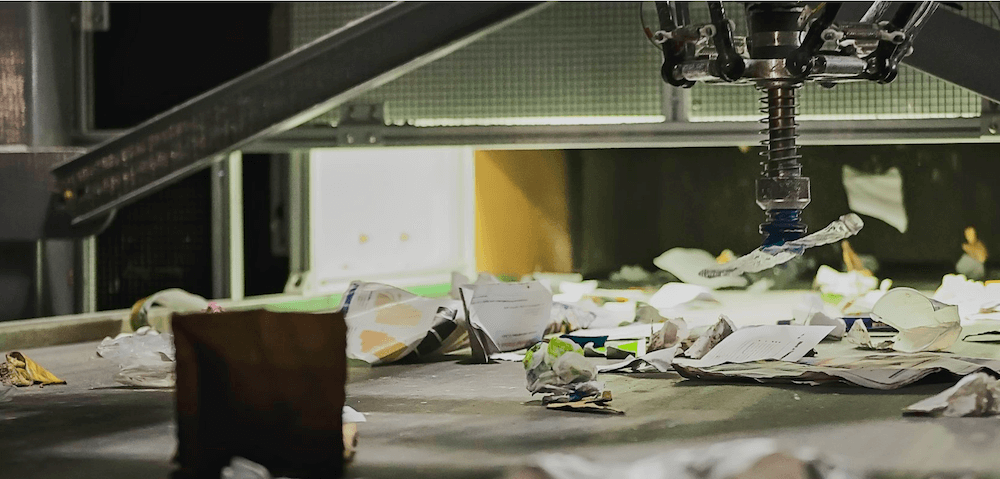ImpactAlpha, April 19 – Congruent Ventures has cut pre-seed, seed and Series A checks for more than 60 companies since launching in 2017. The San Francisco-based venture capital firm’s new Continuity Fund will invest in a subset of its existing portfolio to support commercialization and scale.
The firm raised $300 million for the fund from CalSTRS, the Grantham Foundation, the Three Cairns Group and Sobrato Capital. Other US and Canadian pension funds, as well as large endowments, foundations and other institutional investors also invested.
The fund has made four investments. Meati Foods is making fungi-based meat alternatives. AMP Robotics makes, well, robots, to sort recyclable materials. Fervo Energy is a geothermal energy project developer. Span.io makes smart electric circuit breaker panels to support home electrification and energy consumption.
Congruent looks to cut $15 million to $20 million checks in Series B and C rounds of $30 million or more.
Seed investor
Congruent is also still actively investing from its $175 million second fund, which it closed in 2021. Pipeline and relationship-building still happens at the seed stage, Congruent’s Abe Yokell told ImpactAlpha. Yokell says he’s seen the availability of seed-stage capital for climate tech improve a lot over the nearly 20 years he has been investing in climate and clean tech.
Congruent set up the Continuity Fund because of a short supply of capital at the early-growth stage, where valuations can be difficult to determine.
“But venture capital is just one part of the climate capital stack,” Yokell acknowledged. “For climate businesses to scale and to address climate change at scale, we need a lot of other forms of capital: project finance, real asset capital, debt.”
Institutional climate capital
Despite the roster of institutional investors that have backed Congruent’s funds, institutional capital is still in too short supply for early-stage climate tech, said Yokell. “They’re actively trying to deploy capital into climate solutions, and it’s wonderful—after doing this for 19 years—to see institutions addressing climate change at the highest levels.”
One key barrier: “There are very few climate tech firms that have been around for five years, much less ten,” he observed.











